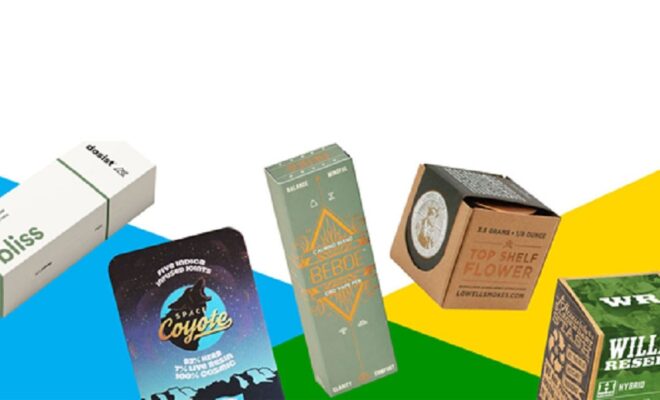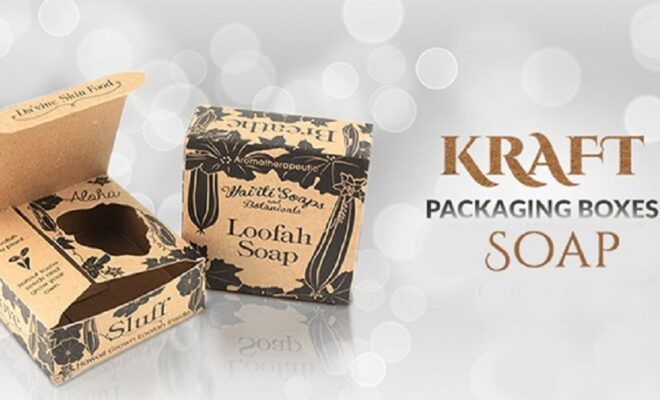What are some great examples of B2B brands?

B2B brands
In a B2B scenario, a company sells its products or services to another company rather than to the general public. The motivations for a business to make a sale can vary widely and be driven by policies within the purchasing company.
For example, an industrial distributor might carry many different brands of fasteners in its warehouses but offer only one brand to most of its customers. In this case, that one brand is selected because it is the best product available from that supplier that meets the customer’s needs even though it isn’t necessarily the best from among all those carried by the distributor itself.
In other cases, such as carbonated beverages, there are no industry standards so each product competes on what would normally be considered “consumer” terms: taste, cost and packaging.
There are also instances where the direct sales method is used in B2B, such as when a manufacturer sells directly to another business for resale or further processing.
Some products that might be considered suitable for consumer markets could not survive competition with larger competitors who have higher budgets for advertising and marketing. In these situations, it may be necessary to emphasize niche products or services to either reduce costs or create a business niche so specialized as to prevent any coconut shell charcoal buyers other company from being able to compete with them within their industry.
Titles:
Titles should be short and catchy Titles should represent topic of article well Titles should be easy to read Titles shouldn’t mention brand name first Examples: What Are Some Great Examples Of B2B Brands? 5 Great Examples of Brands in B2B Scenarios What are some of the best examples of brands in a B2B Business?
What are some great examples of brands being used in the B2B sector?
There are many types of businesses. Some businesses market to consumers while others sell or trade with other business entities directly. No matter what type of business you own, there will be times when you find yourself in need to seek out products and services for your company that can’t be found on supermarket shelves or in typical retail outlets. When this happens, having a good knowledge base about what’s available for purchase is an asset that can help you make better buying decisions. While it’s true that many well-known brands are manufactured by large corporations that cater to the general public, there are also a number of recognizable brand names that are affiliated with smaller, niche companies.
There are several reasons why these popular brands have chosen to open B2B channels, including:
To Overcome Advantages Of Size – Larger companies & The advantages over small ones “Bigger businesses normally have more resources at their disposal, which gives them an advantage when it comes to marketing and advertising their products. Smaller firms may not have the budget size to compete with those larger competitors.” To Develop Additional Revenue Streams – “Some larger companies instruct their sales staff to sell exclusively through business-to-business (B2B) operations, while developing additional revenue streams by selling their products to consumers through retail outlets. When this approach is employed, the company usually will offer two separate brands to the market.
To Take Advantage Of Niche Markets
“Targeting specific niche markets allows companies to focus on narrow objectives with clear intentions. It also means that they can fully exploit the benefits of specialization.”
The following are five examples of popular brand names that have chosen to go down the B2B route in order to facilitate growth and expansion within their particular industries:
1. eWorldTrade
Its an online trading platform that helps China-based companies with the export and import process.
We connect you to over 100,000 buyers and suppliers around the world. We also help you figure out how much your product is worth in dollars before we finalize a deal for it.
2. Alibaba
Alibaba is the world’s largest online and mobile commerce company. It operates a marketplace where businesses can sell products to other businesses. The company also offers a number of services, such as cloud computing, big data management, and payment processing.
3. Global Source
Global Source is a company that helps small and medium-sized businesses connect with suppliers from around the world. The company offers a number of services, including online sourcing, trade shows, and market research.
4. EC21
EC21 is a global online marketplace where companies can connect with suppliers from over 220 countries. The company offers a number of services, including product listing, payment processing, and shipping.
5. ThomasNet
ThomasNet is an online directory of industrial companies in the United States. The company offers a number of services, including product search, supplier discovery, and lead generation.
These are just a few examples of popular consumer brands that have developed an additional business-to-business (B2B) side in order to expand their brand name recognition and increase revenue margins. The five mentioned here all use this strategy in some form or another by creating separate divisions or subsidiaries for this purpose while others like HP Inc. use both sides simultaneously to take advantage of opportunities when they present themselves.










